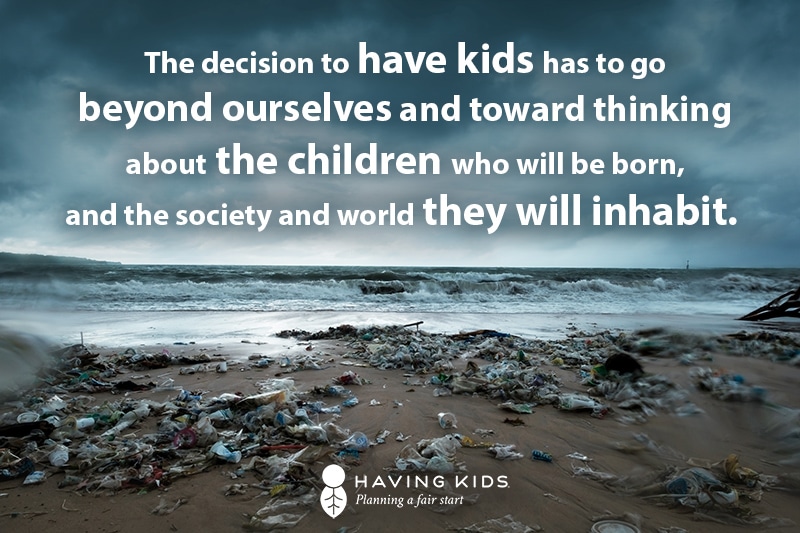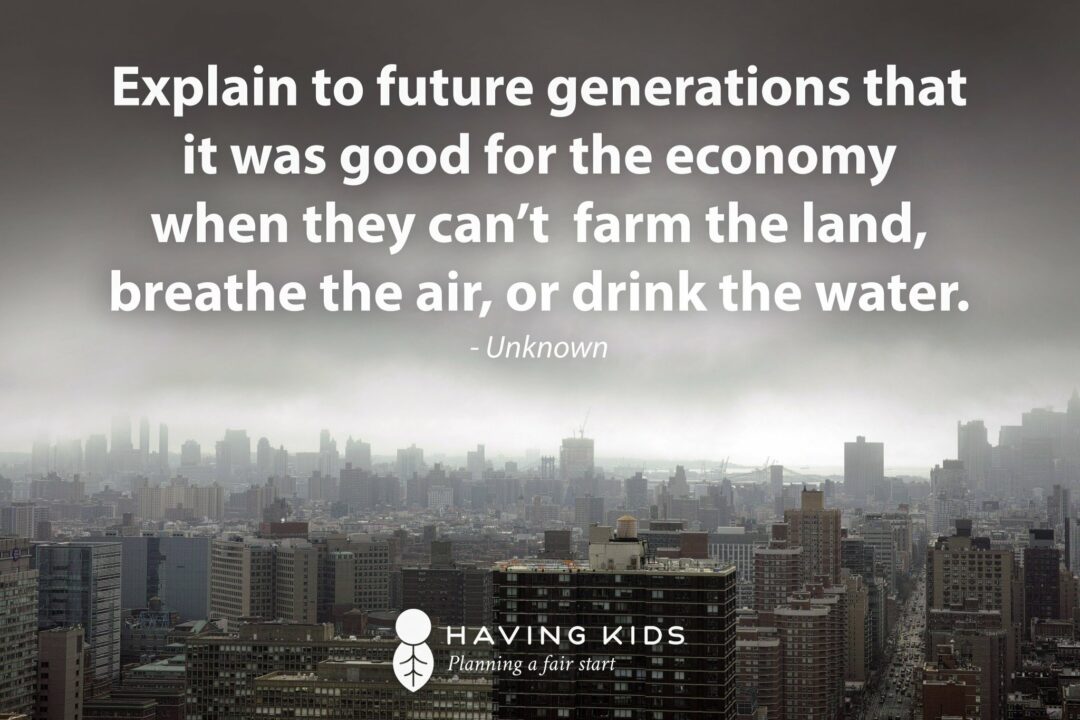Chaos Enabled by Irresponsible Behavior Is the Antithesis of Freedom
What do pandemics like Covid-19, and ecocidal things like the climate crisis, have to do with the idea of human freedom? For some, these events will be perceived as opportunities for governments to limit human freedom. For others, they will seem like limitations on freedom, along with governments’ failure to prevent them. Whatever the view, these events are largely driven by human behavior, which in turn is driven by values and norms, like freedom. How we further these events, and react to them, fundamentally derives in many ways from our perception of freedom and how it limits or justifies behavior. Dealing with these crises could then fundamentally start with examining the concept. Below are three particular perspectives, centered on isolation, inclusion, and creation, respectively.
A common view of freedom is the right to do whatever one wishes, absent some obvious and unjustifiable harm to others. The vision here is that one is and should be autonomous from other people, a vision captured in statements we see all the time: A gym owner in Arizona who refuses to require masks or close his business despite Covid-19, landowners who refuse to comply with the endangered species act, companies in trade associations that push back against consumer regulations, or coalitions fighting regulations that would limit climate emissions. The entire concept proceeds from intentional myopia, or the decision to view oneself in isolation from others, in time and space. It is the maintaining of willful ignorance of how people came to occupy different positions in society, the subtlety of harm, and the importance of things beyond harm – like obtaining the considered consent of others we influence. That myopia makes these claims of freedom easy to contest, but they endure to the extent our political systems position people so that they are – in an antisocial way – unwilling or unable to examine them. Collective problems, like the climate crisis and Covid 19, are primarily seen as presenting a risk that the collective will have a new opportunity to interfere with the will of individuals.

A second and less common view of freedom evades these problems we find in the first view. It takes many forms, but the general idea is to more comprehensively account for one’s position in the collective, and ensure a shared arrangement that allows one to do what one wishes as part of a system that simultaneously allows others to do the same. The goal is to not prevent each other from self-determination in the process. The philosophers: Joseph Raz, in The Morality of Freedom, or Philip Pettit, in a recent Ted Talk, exemplify this more comprehensive view. It cannot easily be picked apart by examining how the autonomy of the individual relates to the collective – they have accounted for these complex and relevant connections. Under this view, both the climate crisis and Covid-19 present direct risks to the autonomy or freedom of all, as well as those in the future. It is consistent with the objective value of people getting to do what they want that we require all to change their behavior in response to these events. This vision is more complex and accurate – but beyond the capacity or willingness of many to grasp.
But the truly myopic, and even the more comprehensive visions of freedom, aside, there is a third view of freedom that involves something unique. Is there something odd about the two visions of freedom just discussed? There is no account of how the people in them came to be. It’s as if they dropped from the sky. But if freedom entails freedom from other people and their unwanted influence, as well as the freedom to do things – like choose among the valuable options in life enabled by particular types of social organization – don’t we have to first account for the creation of people? Don’t we have to assure all some minimum levels of welfare or even equity of opportunity at birth, some meaningful role in controlling their governance, and political entities physically defined by nature so that we can be free from others? In other words – we first need a norm that accounts for the creation of free people.
In this third view, freedom is more dynamic and physical, a norm that through creation, or procreation, determines the quantity, constitutive qualities (persons sufficiently social or empathetic enough to maintain a social contract), and early positioning of each to maximize self-determination. This is not as abstract as it seems. Just reverse the current norm being constantly pushed by many in the media that women should have more children – full stop – as a means of reversing America’s dreaded economic baby bust. In the third view, using those future children to ensure economic growth would be the opposite of freedom, bringing children into the world with no minimum levels of welfare, and degrading equity, nature, and the role each person plays in their democracy. And it does those things in violation of our current standards, or laws, that try – ineffectively and downstream – to pull children out of sub-threshold conditions, redistribute wealth among families, protect nature, and enfranchise each person with a meaningful vote.

This third view of freedom – which we might call a fair start, is centered on the act of creating other people to ensure they live as free and equal persons. It is not exclusive of the first two but rather precedes and enables them, and would be furthered through a very specific process of reforming family planning and population policies – specifically treating the act of procreation as more other-determining for the child than self-determining for the parents. It asks: How can we be inclusive without first accounting for the creation of the people to be included? The impact of these family planning reforms would exponentially surpass many of the downstream reforms underway to alleviate child poverty, ensure equity, restore democracy, and protect our environment. So would the long-term impact on the climate crisis, and the impact and risks of pandemics.
Lastly, this third view has a unique feature: Because it always proceeds other behaviors, in that we are before we do, it overrides conflicting interests. We may do whatever it takes to ensure all children a fair start in life or to continuously recreate the people who actually – or physically – comprise free societies.
The crises we face today arise from and depend on values, like freedom. Starting at the source of the problem entails examining what we mean when we use this word, and what it means for others.

